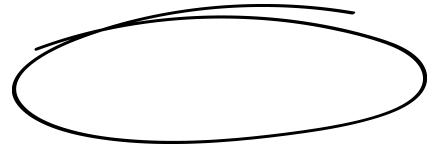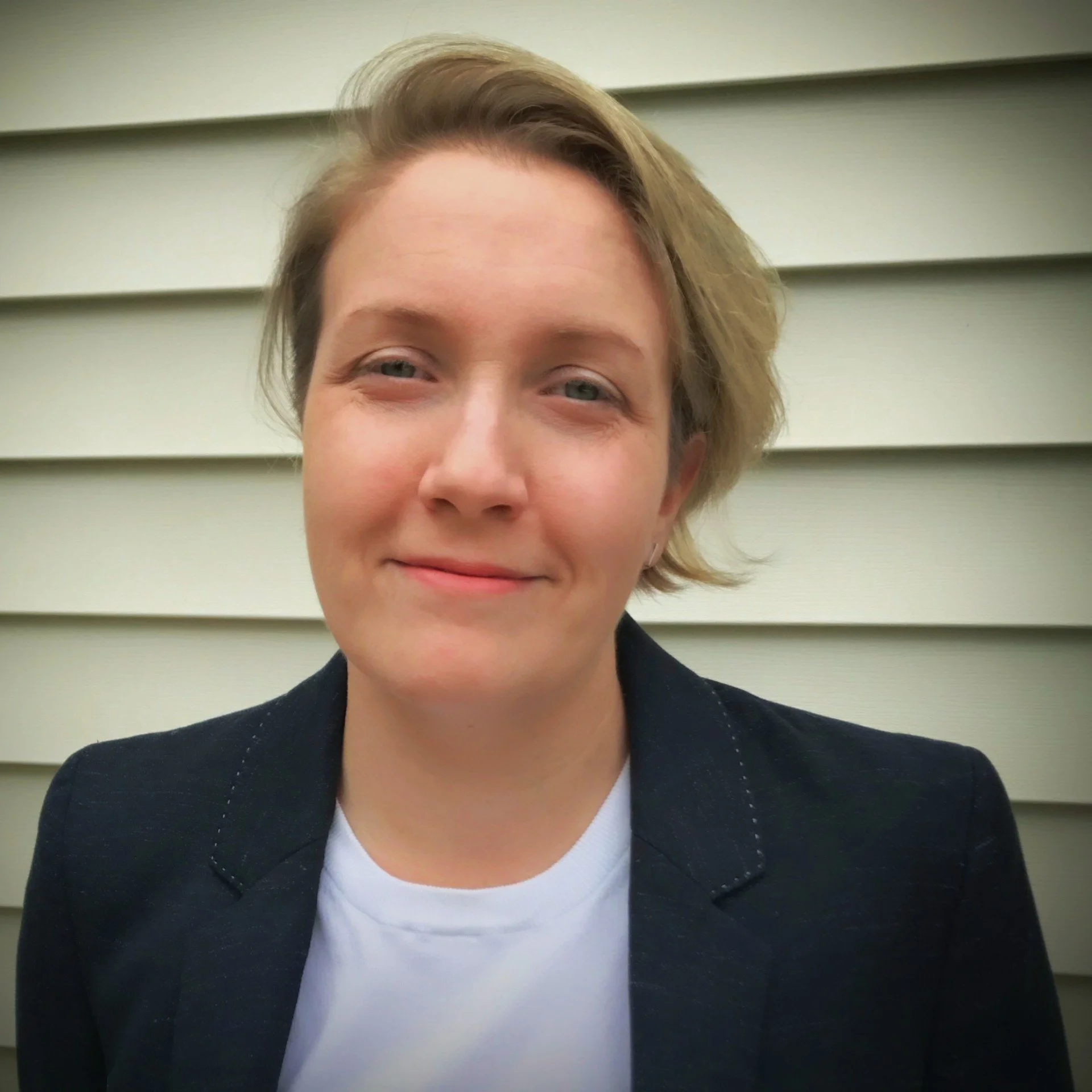INTERVIEW
October 5, 2025
Sara Moore
Biostatistician and data scientist turning messy data into discoveries that matter.
I had the honor to interview Sara Moore, a UC Berkley grad who works as a data scientist helping researchers make medical discoveries. We talked about her work, what she’s learned from it, her best advice for students, oh, and of course, her favorite snack hack.
Before we get started, could you tell me a bit about yourself and what you do for work?
Definitely. My name is Sara Moore and I work in Data Science at a startup. We're building software and AI to automatically clean messy healthcare data. Our mission is to provide researchers with better data so they can make medical discoveries to improve people's lives, faster. My day-to-day work involves a lot of coding, a little bit of writing, and some planning and coordination with both machines and people. In my spare time, I love to hike, travel, cook, and hang out with my partner and our dog.
You have a PhD in Biostatistics, which is really fascinating! For someone who’s never heard the word before, how would you explain “biostatistics” in a snack sized, understandable way?
Biostatisticians make sense of health-related data. For example, a biostatistician might help researchers and clinicians to plan a successful research study, or perform the statistical analysis for a research project, or even develop a new statistical method to test a specific hypothesis on a particular type of health-related data.
What drew you into this field, and has your research ever changed the way you think about your health?
I wanted to find a career that combined computers, math, science, detective work, and improving people's health, and studying biostatistics provided the on-ramp into that career. Working as a biostatistician typically means consulting on a lot of different projects and datasets, which provides an opportunity to learn about a lot of different diseases, medical techniques, and research areas. I've been really fortunate in my career to work on a wide variety of applications, from oncology, to trauma surgery, to brain imaging.
Across the medical and health domains I've been exposed to through my work, one common take-away is that we may not be able to avoid all "bad" health events in our lives, but the best preparation for unforeseeable health events like injury or disease is to always be maintaining your health as best you can — eating well and staying strong. In nearly every data analysis involving health outcomes, how healthy a person was prior to an event like an injury or disease has a major impact on how well, and how quickly, they can recover from that event.
You took a class on genomic data, was there an eye-opening fact from that course that you think everyone should know, something that might change how someone thinks about their health or habits?
One fact that stuck with me is that mutations are constantly being introduced into the DNA in our cells, and mutations in general aren't avoidable. So, even though not all mutations are harmful, just by virtue of being alive, we're collecting mutations that could one day cause us harm. That said, some mutations are both harmful and avoidable, and so reducing exposure to mutation-causing factors in our environment (such as sun and smoke) can reduce the probability of developing conditions like cancer.
Another surprising fact is that less than 2% of our DNA consists of protein-coding genes, and while we understand at least part of the function of the non-coding DNA, there's a lot about it that has yet to be discovered.
What’s one misconception people often have about biostatistics or data analysis?
One common misconception is that a larger, more complicated machine learning or AI model is always better. If the goal is to understand patterns in data or to identify causal relationships, a simpler and well-thought-out model is almost always the better choice. This is a big part of the reason AI chatbots are unpredictable and can go off the rails so easily — the models powering those chatbots have become so complex that even the scientists and engineers who built them can't pinpoint exactly why they're producing the results they are, making problems with the models very difficult to fix.
Do you think that we'll ever get to a point where genomic data can give us personalized nutrition advice? (Like "your genes say you should eat more broccoli")
Absolutely — and I think we're already there, to some extent, although the genetic marker for "needs more broccoli" hasn't been discovered (yet!). Genomic data can already inform us about some of the foods that we're likely to be sensitive or allergic to and should avoid, or if we metabolize caffeine quickly (drink more coffee!) or slowly (drink less coffee!). It can also tell us what conditions we may be predisposed to, which can indirectly lead to personalized nutrition advice. I'm confident that more widespread research and a continued decrease in cost of genetic testing will lead to the discovery of more genetic patterns related to nutrition.
What advice would you give to a high schooler who’s curious about combining science with real-world things like food and nutrition?
Don't hesitate to forge your own path. Just because a major isn't listed in a college curriculum doesn't mean you can't design your own, and if a career that combines your passions doesn't exist today, that doesn't mean it isn't needed, or that it won't exist tomorrow. Also, being passionate about and pursuing multiple fields of study diversifies your skillset, which can be a practical choice in a tough job market.
And of course, the most important question of all: what’s your favorite snack or snack hack, and why?
That's a tough one! Probably my favorite snack hack is to add a little bit of citrus — that little bit of acid makes foods taste more interesting and brings out other flavors. A squeeze of lemon on hummus, lemon zest grated onto a white pizza, or a sprinkle of citrus-infused sea salt on avocado toast — those are some of my favorites!


